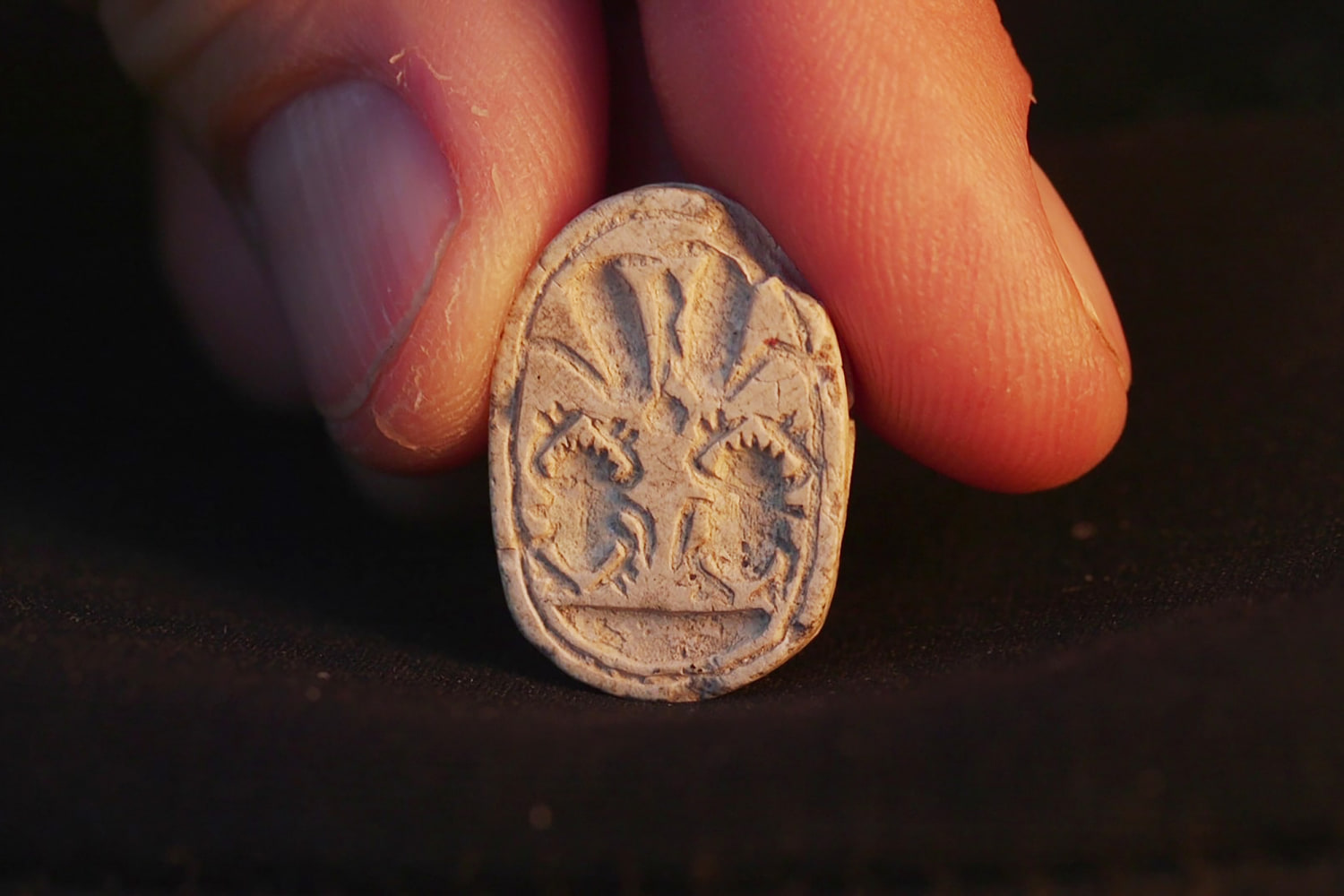
The 66th edition of the Copa Libertadores, South America's Champions League, kicks off on Tuesday with the start of the group phase.
Over the next two months, 32 teams will be whittled down to the last 16, with the knockout phase coming to a close with a one-off final on 29 November. The venue is yet to be decided, but it is likely to be either Brasilia, capital of Brazil, or the Uruguayan capital of Montevideo.
With the European Champions League reaching the business stage, it is easy to overlook the Libertadores - but the South American competition is full of a fascination all of its own.
As fans all over the continent are fond of chanting, the Copa Libertadores is an obsession, so here are a few things to look out for as, from Argentina to Venezuela, the action gets under way.
Can anyone stop the Brazilian domination?
In the early years of the competition Uruguay were the leading force, and then came decades of Argentine dominance.
But the recent years have belonged exclusively to Brazil.
The past six editions have been won by Brazilian clubs, with the country providing both of the finalists in four of those years. This level of domination is unprecedented.
The financial gap between Brazil and the rest of the continent is growing, and the clubs are using it to snap up players from elsewhere around the continent. Big hitters such as Flamengo and Palmeiras might well field as many as five foreigners in their starting line-up.
And here is an extra reason for Argentina to worry: their clubs have won the title 25 times, while Brazil have now pulled up to 24. This, then, is the year when Brazil are likely to pull level.
Can they be stopped? At least the field looks tougher than in recent years.
As well as four-time champions River Plate, Argentina has Racing and Estudiantes, who look strong, plus the rising force of Talleres from Cordoba.
Colombia's Atletico Nacional look better than any time since they last won the trophy in 2016, and the two countries who have been punching highest above their weight are also well represented - Paraguay with the traditional trio of Olimpia, Cerro Porteno and Libertad, and Ecuador with LDU (or Liga de Quito), Barcelona (who eliminated Brazilian giants Corinthians in the qualifying round) and the ever-fascinating Independiente del Valle.
So perhaps there are grounds for thinking that this year might prove more competitive, especially because of a new factor...
What impact will the Club World Cup have?
Fifa's new competition is not considered an inconvenience in South America. Instead, doing well in the Club World Cup is a priority.
Brazil has even changed its calendar to accommodate the new tournament. And for those teams taking part, there is prestige and money to win - but there is also a price to pay.
The South American calendar - and in Brazil more than anywhere else - is already very cluttered. Now River Plate of Argentina plus the current big three ...







